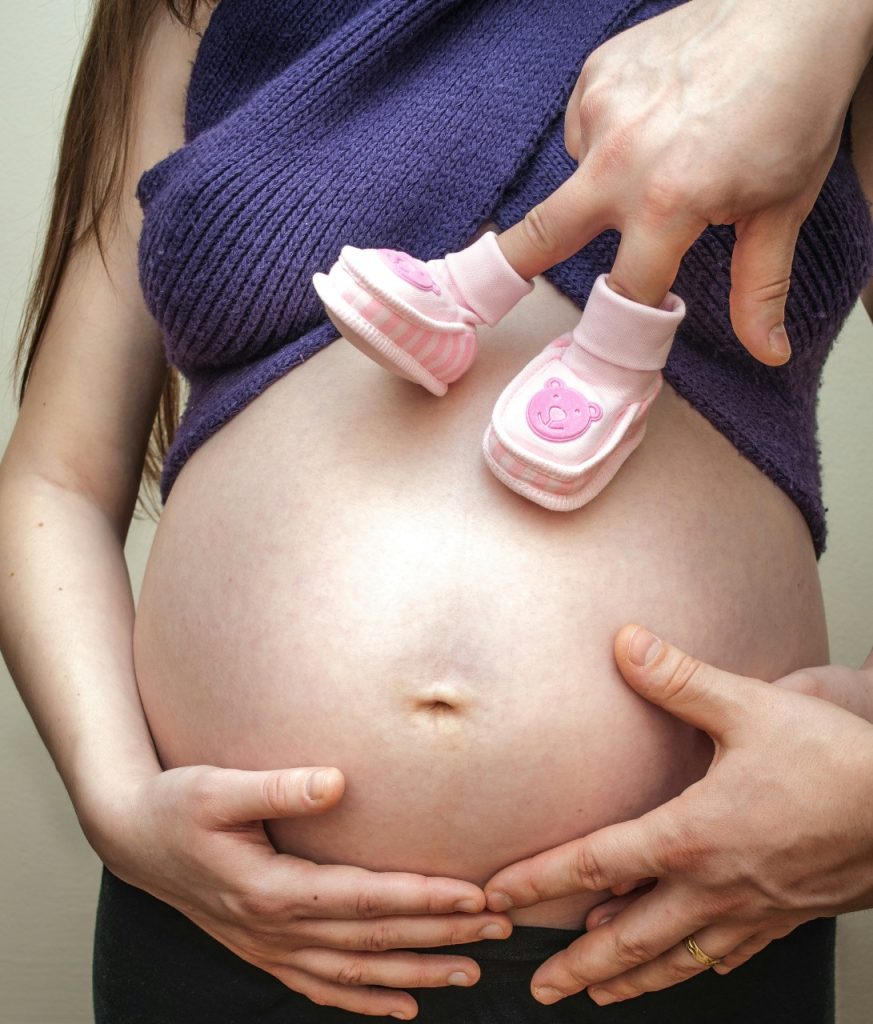
Pregnancy, a miraculous journey filled with wonder and excitement, also comes with its fair share of surprises. One such surprise for many expecting mothers is the sudden increase in trips to the restroom. But why does this happen? Let’s dive into the science behind why pregnant women pee more and explore some practical tips to manage this pee-perplexing phenomenon.
- Hormonal Havoc: During pregnancy, a woman’s body experiences a surge in hormones, including human chorionic gonadotropin (hCG) and progesterone. These hormones play crucial roles in supporting the developing fetus and maintaining the pregnancy. However, they also have a significant impact on the urinary system.
- Bladder Burden: As pregnancy progresses, the growing uterus puts pressure on the bladder, reducing its capacity to hold urine. This increased pressure combined with hormonal changes can lead to more frequent urges to urinate. It’s like having a constant reminder that there’s a little one growing inside, pressing against your bladder.
- Fluid Dynamics: Another factor contributing to frequent urination during pregnancy is the body’s increased blood volume and fluid retention. The kidneys work overtime to filter waste from the bloodstream, resulting in a higher volume of urine production. Additionally, hormonal changes can affect fluid balance, causing pregnant women to retain more fluids, further increasing the need to pee.
- Baby’s Bouncing Act: As the baby grows and becomes more active, their movements can also exert pressure on the bladder. Those joyful kicks and somersaults might be adorable, but they can also send you running to the restroom more often than usual. It’s like your little bundle of joy is already practicing their acrobatics routine!
- A Nod to Nature: Believe it or not, frequent urination during pregnancy serves a vital purpose. By eliminating waste more frequently, the body helps prevent urinary tract infections (UTIs) and reduces the risk of complications. So, while it may be inconvenient at times, it’s nature’s way of ensuring the health and well-being of both mom and baby.
- Coping Strategies: Managing frequent urination during pregnancy can be challenging, but there are ways to ease the discomfort. First and foremost, stay hydrated to support overall health and prevent dehydration. However, avoid drinking large amounts of fluids close to bedtime to minimize nighttime trips to the bathroom.
- Kegels to the Rescue: Pelvic floor exercises, known as Kegels, can strengthen the muscles that control urination, helping to reduce leakage and improve bladder control. Incorporating Kegel exercises into your daily routine can make a significant difference in managing urinary frequency during pregnancy and even after childbirth.
- Bathroom Blueprint: When nature calls, it’s essential to listen. Create a bathroom-friendly environment by keeping the path to the restroom clear and well-lit, especially during those late-night bathroom runs. Consider investing in a nightlight for added convenience and safety.
- Support System: Don’t hesitate to lean on your support system for help and understanding. Whether it’s your partner, family members, or friends, having someone there to lend a hand or a sympathetic ear can make all the difference during this pee-perplexing journey.
In conclusion, frequent urination during pregnancy is a common and normal occurrence, driven by a combination of hormonal changes, bladder pressure, and fluid dynamics. While it may be inconvenient at times, rest assured that it serves a crucial purpose in supporting both maternal and fetal health. By understanding the factors contributing to this pee-perplexing phenomenon and implementing practical strategies for management, expecting mothers can navigate this aspect of pregnancy with greater ease and confidence. After all, every trip to the restroom is a gentle reminder of the incredible journey of motherhood unfolding within.



